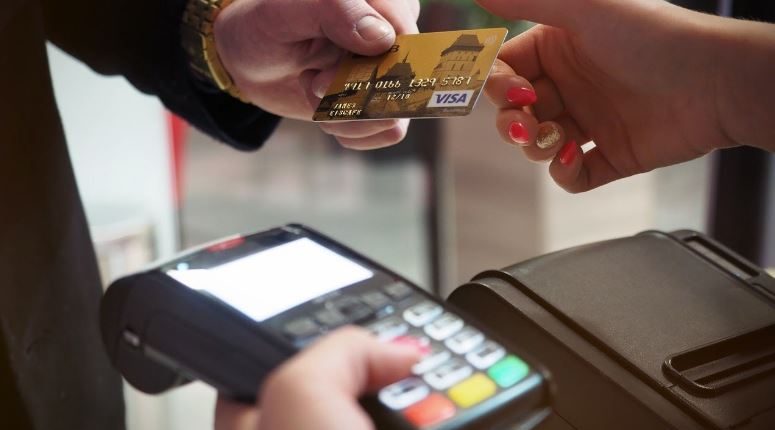Identity theft has been on the rise during Covid-19, with experts predicting that one out of every four people in the United States will fall victim to this crime. It’s important to stay proactive in preventing fraud during this time because there are plenty of people who are looking to steal your hard-earned money.
How to Avoid Fraud During the Covid-19 Pandemic
Monitor Your Credit
While it’s a good idea to monitor your credit regardless of the economic situation, it’s more important than ever to keep an eye out for illegitimate or suspicious accounts that are opened in your name. Keep note of alerts from your credit card provider and bank.
You can also take advantage of identity theft protection software to protect yourself against external threats. Furthermore, with credit monitoring software, you can be made aware of smaller intrusion attempts before they become more serious.
Ask Your Bank for a Credit Freeze
A security or credit freeze restricts credit reports, which helps to safeguard your information from hackers. Fraudsters won’t be able to open new accounts in your name, but they can still infiltrate your current accounts, and some businesses will still have access.
A credit freeze won’t affect your credit score, and most banks can complete this process in 10 minutes. Contact your credit bureau and provide some personal information. After you provide proof of identity, your credit card will freeze until you remove it.
Close all Unused Credit Cards
It’s common for people to open credit cards in their name and forget about them. This usually happens if the credit card is connected to a retail store or a special offer. Hackers love to target these credit cards because you’re less likely to pay attention to them.
You can phone your bank and ask how many credit cards are opened in your name. Banks can usually close most credit cards on their end, but you may need to close them yourself. As an alternative, you could lower the limit significantly so fewer funds will be stolen.
Register Your Mail at a Post Office
It’s a good idea to send all of your mail to a post office or a post office box, especially over Christmas. During the holidays’ many porch pirates will attempt to steal your mail and packages, both of which will have your address and possibly your banking information.
It’s easy to redirect your mail to a post office, and it often doesn’t require you to call each individual carrier. You can either call the post office of your choosing, or you can put the post office address as your own personal address when you purchase items online.
Use a Virtual Private Network
Hackers will often use public WiFi to steal your data, and it isn’t even that difficult to do so. All a fraudster has to do is check which IP address belongs to your computer, and they can gain access to it using the public network. A VPN can encrypt that network.
A VPN hides your identity, communications, and online activity from anyone who wishes to access it. Whether you’re in a corporate or public setting, you can secure your connection by hiding your IP address from other users, which makes your activities invisible.
Install Email-Filtering, Antivirus, and Antispyware Software
While a VPN is enough to encrypt your IP address, there are still plenty of ways for hackers to steal your information. Many fraudsters will use phishing scams, virus-ridden ads, and links laced with spyware to keep an eye on you. Use antivirus software in these cases.
An aggressive virus can steal your information in minutes, so it’s essential to stay up-to-date by scanning your computer every 24 hours. Simply keep your computer on overnight and initiate the scanning sequence. By the morning, most threats will be neutralized or found.





